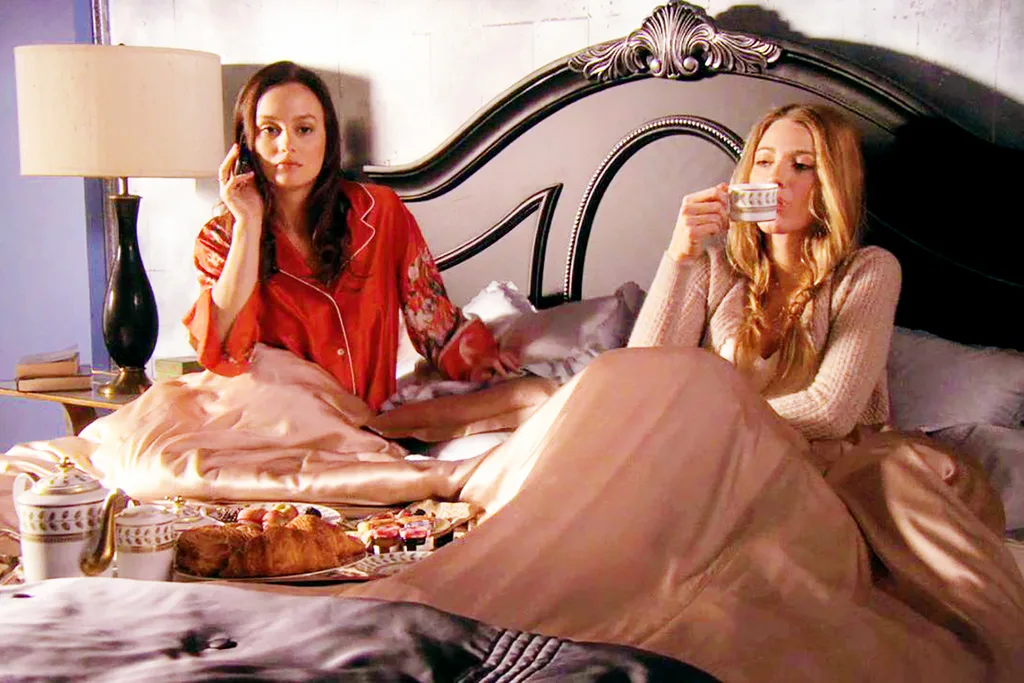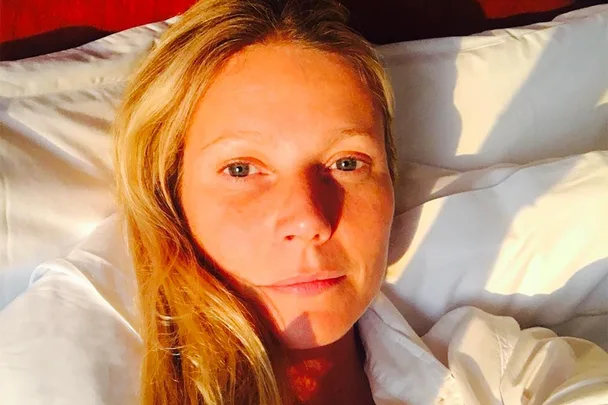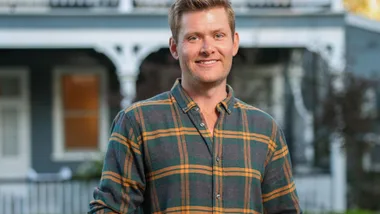It’s party season, work’s manic and you’re trying to get your Christmas shopping done/plan that NYE getaway/sort your life out in every spare waking second. Sleep (and exercise) are often the first things to go when time is at a premium – but according to experts, they’re the two things that need to stay your top priority.
Just ask international sleep expert and founding member of the Sleep Health Foundation, Dr Carmel Harrington. “It’s so important to know how much sleep you need,” Dr Harrington tells us. “By and large, women need more sleep than men, but will struggle to get it.”
Read on for Dr Harrington’s tips for improving your sleep quality, from the impact of that afternoon coffee to the one very surprising thing you should never do.
What’s the magic number when it comes to how many hours of sleep we need?
The population data indicates that most people need between 7-9 hours’ sleep. About two per cent of the population have a short sleep gene: they can do in five hours what it takes the rest of us to do in seven to nine. Then about two per cent of the population have a long sleep gene – they need more than nine hours’ sleep.
How much more sleep do women need than men?
Generally, it’s about 20 minutes extra sleep per 24 hours.
How can you tell if you’re not getting enough sleep?
The best way to tell how much sleep you need is the next time you go on holidays – not a really active holiday, but a relaxing one – don’t look at the first week, which is when we’re often playing catch-up, but in the second week, note how much sleep you’re getting that actually makes you feel good. That’s how much you need all the time, not just when you’re on holidays.
Our body adapts to what we give ourselves; although we will suffer the consequences of sleep deprivation, we actually think we’re going ok. But when you’re chronically sleep-deprived, your motivation goes out the window and you’ll find you don’t have the energy to do all the things you said you’d do when you were feeling well-rested on that holiday.

What are the health effects of not getting enough sleep?
Chronically sleep-deprived people suffer both short and long-term health effects. In the short term, you’re likely to get colds and flus as you’re more vulnerable to infection. In the long term, we see a 50 per cent increased risk of obesity, five times the risk of depression and two to three times increased risk of dementia/cognitive decline, among others.
What gets in the way of a good night’s sleep?
How we sleep at night depends a lot on what we do in our wakeful hours, and vice versa.
As you age, your metabolic rate slows down – that 6pm coffee is still active in the body at 2am. Before going to bed we need to prepare our brain and body: one hour before bed, switch off all screen activity, dim the lights of the room you’re in, maybe light a candle, which relaxes the body and produces serotonin, have a warm to hot shower in that hour before bed, as the body likes to fall asleep on a lowering temperature – it’s all about conditioning your body that it’s time to sleep.
What’s one surprising factor that can prevent good quality sleep?
Don’t do meditation before bed. It actually alerts the brain and is better done first thing in the morning.
Is there anything else you recommend?
In the past, if you wanted any insight into your sleep patterns you had to go to the sleep lab, but now everyone can have insight and start to implement processes that should improve their sleep. There’s technology out there to help you – a sleep tracker will show you whether your sleep structure is changing (try the free AHB Sleep Tracker app).










